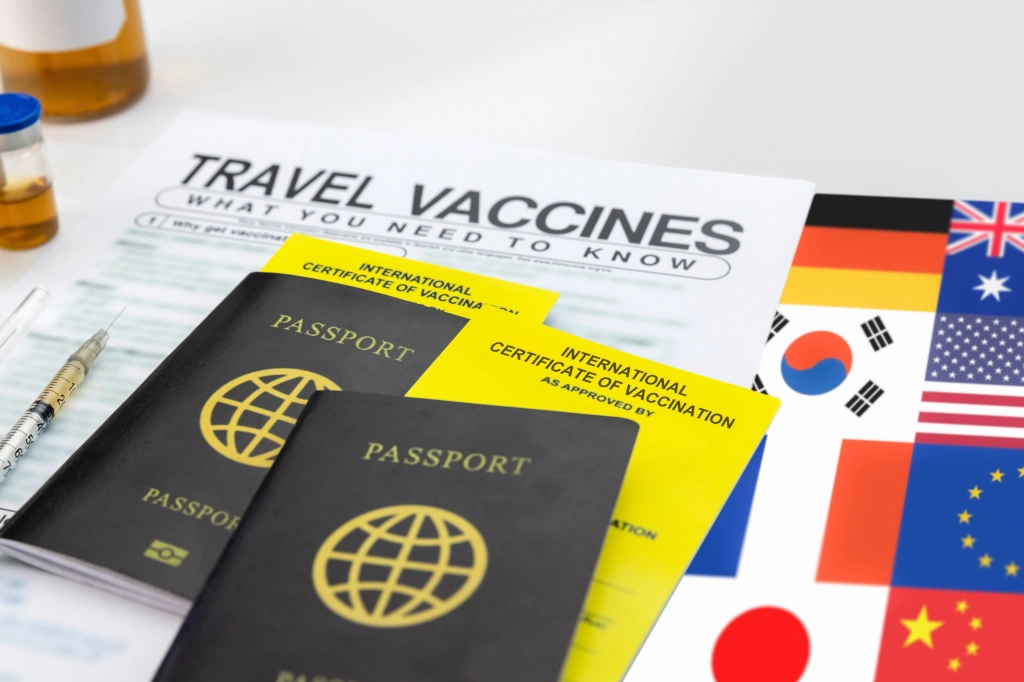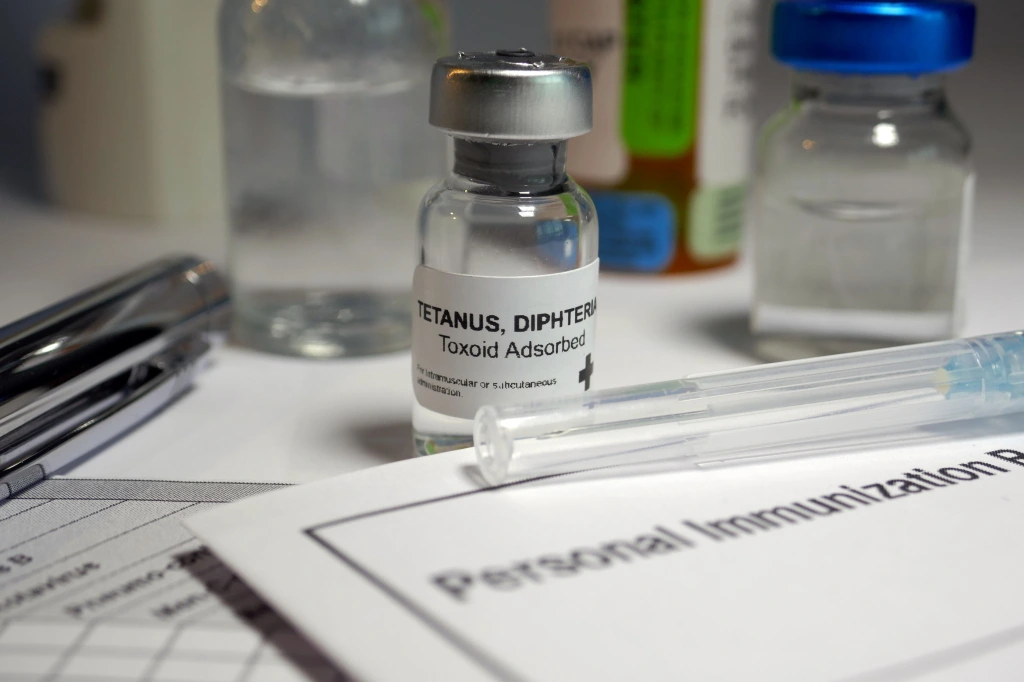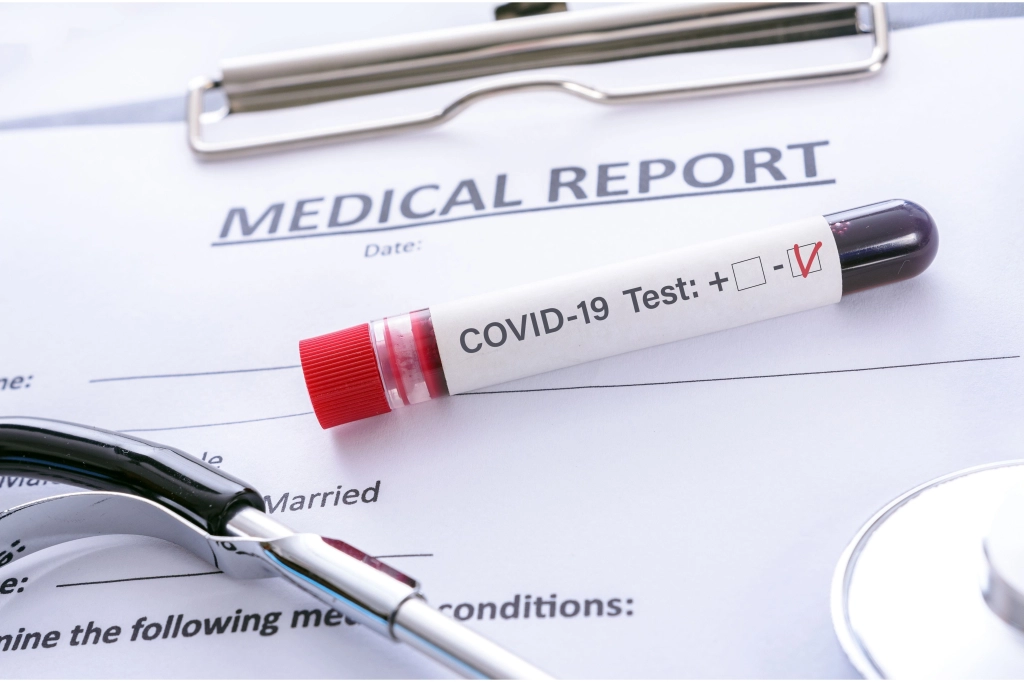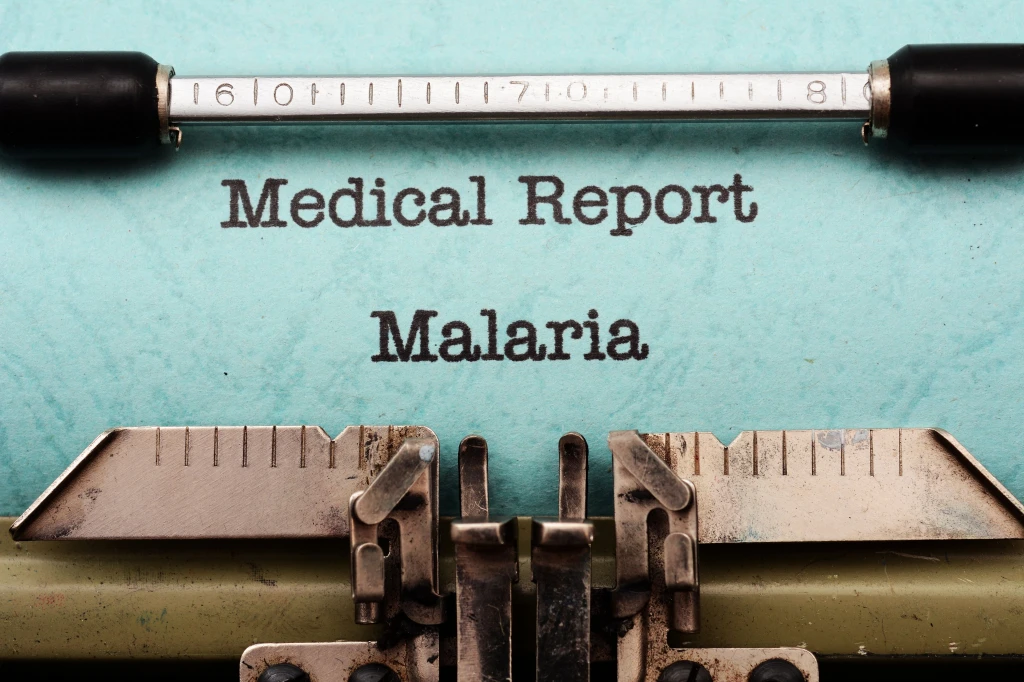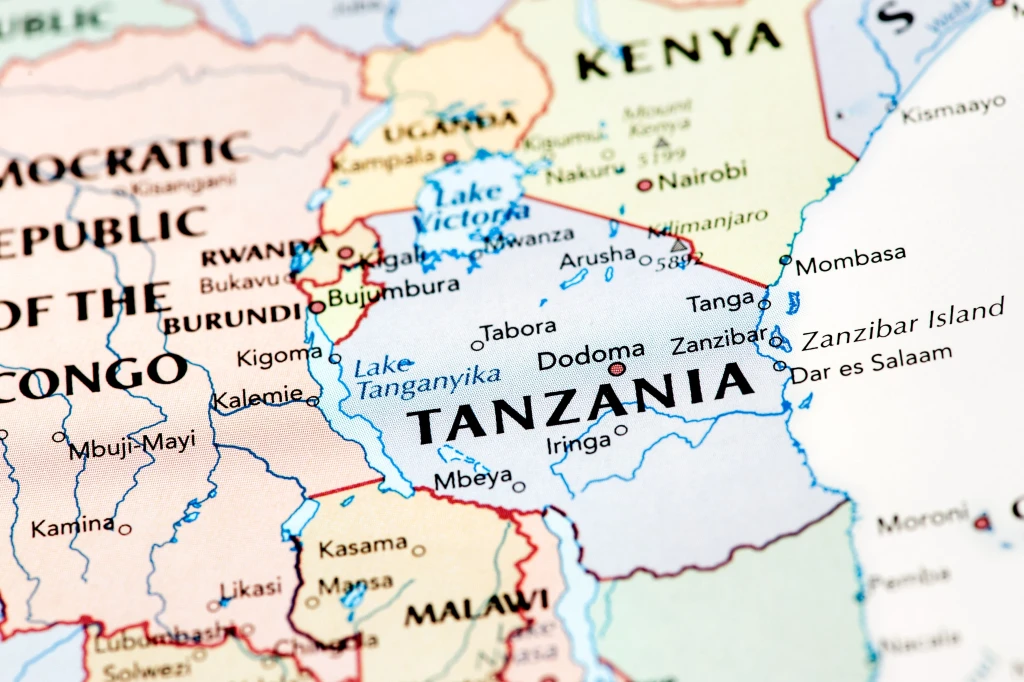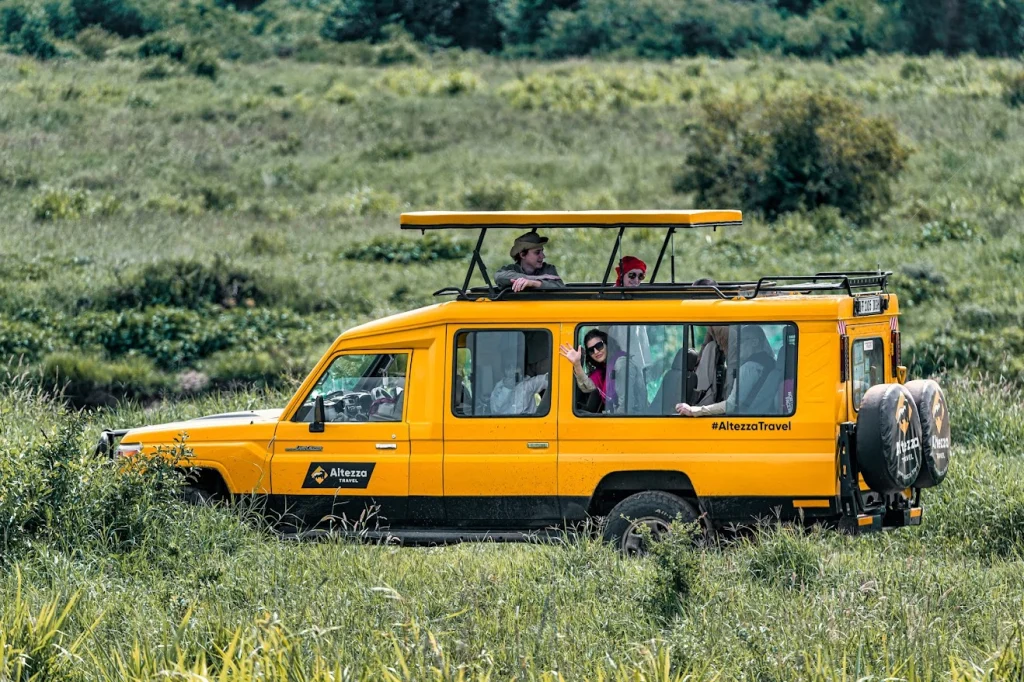As you begin planning your trip to Tanzania, you may have health-related questions about how to protect yourself against specific diseases common in Africa. This article covers issues crucial for Tanzania: what vaccinations are mandatory and what other immunizations are recommended.
Mandatory Immunizations for Entering Tanzania and Zanzibar
Contrary to what many travelers think, no special vaccinations are required for those entering Tanzania from the USA, the UK, European Union, or most countries around the globe.
A note about yellow fever
The only exception to this is if you are from or have visited a country that is at-risk for Yellow Fever. In such a case, a vaccination for Yellow Fever is required upon entry to Tanzania. If you do not have one, you may purchase it ‘on the spot’ as you pass through immigration.
However, please note that this vaccine has been taken very seriously for many years, and continues to be the most requested vaccine upon entry to Tanzania.
If you have not traveled to a country with a risk of Yellow Fever, then you do not need to provide proof of this vaccine.
Covid vaccines
You must present a certificate of immunization against COVID-19 if you are vaccinated. But, if you are not immunized, a negative PCR test is equally appropriate. In this case, it is a prerequisite that the PCR test is performed no earlier than 72 hours before arrival in Tanzania.
Malaria Precautions
If you're planning a long stay in locations throughout Tanzania that are known for possibly contracting malaria then it’s a good idea to take precautions against this mosquito-borne disease.
Usually, such measures are recommended for those planning long-term travel throughout Africa, not only in one country, or for those planning to live and work in Tanzania. Some travelers going on a safari, mountain climbing or enjoying a beach holiday in Tanzania consider taking malaria prevention medications, too. This is a good idea to ensure that an unfortunate mosquito bite doesn’t end up ruining your vacation.
Recommended Vaccinations
While there are no required vaccinations in Tanzania (except in the possible case of Yellow Fever), there are several recommended vaccines.
Below is the valuable information to be considered by those considering travel to Tanzania. Many of these are standard precautions for travel to developing nations and if you are an avid traveler, you might very well have all of these vaccinations already.
Standard Immunizations
The standard list of diseases against which tourists are recommended to get vaccinated against includes: tetanus, diphtheria, and Hepatitis A and B.
Tetanus is believed to be more common in countries near the equator. According to the World Health Organization WHO, or the World Health Organization, is an international U.N. organization with the primary goal of working toward a healthier future for the world's population. WHO works with national health ministries to set standards and make international recommendations. The main achievements of WHO are the eradication of smallpox, successful campaigns against malaria and other diseases. statistics, Tanzania is among the countries with the lowest incidence of tetanus, being categorized as "rare, very few cases" by their rating scale. The combined DPT vaccine against pertussis, diphtheria, and tetanus is often used for prevention. It is recommended that adults get revaccination against the latter two diseases every ten years, so check if you’re up-to-date before traveling to Tanzania.
Hepatitis A virus most often enters the human body from eating or drinking contaminated water, while Hepatitis B might be contracted due to poor hygiene standards, or using contaminated personal tools (which might happen if you go to a nail salon or spa with poor sanitation). We strongly recommend drinking only bottled water during your trip to Tanzania. Hepatitis B virus enters with the biological fluids of the infected person. In most countries with a well-developed health care system, you can get a vaccination against both hepatitis types.
The above diseases pose danger to tourists in Tanzania to the same extent as in their home country. Theoretically, it is equally possible to injure oneself and get the wound infected during a regular walk in the park near your house as well as on an expedition in Tanzania. What poses increased risk is dirty water, which is why Altezza Travel provides all of their clients with bottled drinking water for the duration of their trip.
Additional Advice
When it comes to extended recommendations, there are a few additional standard vaccines that are part of the national immunization calendars. For example, The Centers for Disease Control and Prevention, or CDC, is the U.S. national public health institute that is involved in global health programs around the world. We refer to the CDC because it has the most available and comprehensive data on infectious and chronic diseases in various countries, as well as evidence-based recommendations. recommends that travelers to Tanzania make sure they are vaccinated against diseases such as chickenpox, pertussis-diphtheria-tetanus, influenza, measles-mumps-rubella, polio, and shingles before they travel. Most of these vaccinations are given when you are a child.
You can also protect yourself against typhoid, which can be contracted through poor hygiene associated with water, food, or contaminated surfaces. The CDC recommends this vaccination for those who plan to travel alone, live in rural areas, and eat outside hotels in places with poor sanitation.
For travelers interested in volunteering with animals, such as with a dog rescue program, it is advised to get vaccinated against rabies beforehand.
Travelers wishing to enjoy a safari with Altezza Travel are not at risk of contact with animals, other than getting some fantastic photos!
According to the US Embassy
If you are an American traveler looking for an adventure in Tanzania, then you may have seen the US Embassy in Tanania’s website and the warnings mentioned there, specifically Covid-19, malaria, dengue and yellow fever.
COVID-19
Tanzania is working to prevent the spread of Covid-19 by requiring all travelers entering the country to provide proof of a Covid-19 vaccine or a recent (within 72-hrs) negative PCR test.
There are means of hand-washing or hand-sanitizing throughout public spaces such as airports, ferry ports and border crossings. Mask-wearing is recommended, as well.
A certain proportion of Tanzania's population is vaccinated, with several vaccines approved in the country.
In addition, all employees of Altezza Travel are vaccinated against COVID-19, and our hotels are regularly disinfected. Since a negative test result or a vaccination certificate is required upon entry to Tanzania, the likelihood of encountering an infected person in a climbing group or on a safari is almost impossible.
Nevertheless, we recommend traveling with a reliable COVID-19 vaccination as the most significant risks are associated with flights, as airplanes are confined spaces.
Malaria
Proven effective vaccines against malaria do not yet exist. There are only medicines that can act as prevention measures to reduce one’s risk of contracting malaria. In some cases, these medications should be taken before and during your travel to Tanzania.
Discuss anti-malaria options with your doctor before traveling, as there are different side effects with these mediations.
Malaria is caused by a parasite that is carried by a female mosquito. The disease is more common in tropical regions, where the malaria-carrying mosquitoes inhabit mainly lowland, swampy and wooded areas.
The optimal conditions for the successful reproduction of dangerous malaria mosquitoes are standing water, windless areas, and a constant temperature above 20 °C. Thus, locations far from lakes or ponds, or places (such as beach-front areas) that have a constant breeze and less-likely to have such mosquitoes.
Malaria risks are minimal for tourists coming to Tanzania for high-altitude climbing and safaris. The highest probability of contact with infected mosquitoes is theoretically possible in hotels close to swamps, but there are no such hotels in Altezza Travel safari programs. Nevertheless, all the hotels used to accommodate our guests are equipped with mosquito nets.
Besides anti-malarial drugs, travelers can take simple precautions to reduce their risk: use of nets and canopies at night, wear long pants and long-sleeved shirts in the evening and morning hours, and spray mosquito repellant.
Find some more details on malaria prophylactics in this article.
While contracting malaria may sound very scary to tourists, the reason for its danger is mostly related to finances, not health status. According to the CDC, malaria ranks seventh on the list of death causes in the country, however many of these deaths are among the poorest populations and are children. Delays in reaching medical attention, lack of funds to buy medications or pre-existing immune deficiencies are usually related to these unfortunate deaths. In almost 10 years of living and working at the foot of Kilimanjaro, none of our team has ever suffered from malaria.
Dengue Fever
A few foreign countries’ embassies in Tanzania have found it necessary to warn travelers about seasonal outbreaks of dengue fever on the islands of Zanzibar and mainland Tanzania. Dengue is a viral infection transmitted by certain species of mosquitoes. This disease is dangerous because it occasionally leads to a complication called ‘severe dengue’. The WHO notes that severe dengue is primarily found in some countries in Asia and Latin America, adding that outbreaks of common dengue have also been reported in Europe.
The species of mosquitoes that can be vectors of Dengue Fever breed in containers of water that are stored for long periods of time, such as for emergency supplies. Altezza Travel does not store any water supplies in this way, nor do we see such at the partner hotels our guests enjoy.
For individual prevention, the same recommendations are given for dengue as for malaria - the use of long-sleeved clothing, and repellents in the morning and evening hours, and mosquito nets on windows andover beds in your accommodations.
No member of the Altezza Travel team has ever encountered dengue fever. In this case, our job is simply to inform you about the possible risks and give you the best advice to protect your health.
Tsetse Disease
Although the tsetse disease (African trypanosomiasis) is not specifically mentioned by any organization, we would like to mention it, as well. The tsetse disease, otherwise known as sleeping dropsy, is the result of encountering parasites called trypanosomes which most commonly infect a human through the host - tsetse flies.
These flies live in warm, humid places, such as river banks or spots near undrained water bodies. The risk group includes dwellers of villages and those employed in such professions as loggers, road builders, fishermen, etc. Transmission of parasites can also occur through exchanging contaminated body fluids with another person.
It is important to remember that there are two subspecies of the pathogen dangerous to humans in Africa: Trypanosoma brucei gambiense in West and Central Africa and Trypanosoma brucei rhodesiense in South and East Africa (the latter region is where Tanzania is located).
According to WHO, the West and Central African version causes 97% of cases, while the latter, which is found in Tanzania and other nations in East Africa, causes the remaining 3%. Furthermore, the WHO counts Tanzania among the countries that have detected only 1 to 10 new cases per year in recent years.
Remarkably, Tanzania’s preventive control of tsetse flies in Zanzibar was so successful that it was adopted by other countries.
Although there is no vaccine against sleeping dropsy, travelers should not fear it, based on the information we have about the disease, it is not relevant to Tanzania.
Yellow Fever
Yellow Fever is the disease our clients ask about the most. It is another disease, a virus, which is spread by an infected mosquito.
This disease is not common in Tanzania because of the government’s strict prevention measures, including vaccination certificates from at-risk travelers before entering the country. If you arrive from the United States, or any European country, you do not have to be vaccinated, unless you’ve traveled to a Yellow-Fever endemic country, prior.
If your trip includes one of the countries endemic to yellow fever, you will be asked for a certificate of vaccination upon entry to Tanzania. Tanzania is surrounded to the north and west by countries where yellow fever cases are more or less common, such as neighboring Less than 30 cases per 100,000 population are reported for Kenya and less than 13 cases per the same 100,000 population for Uganda, the lowest among all countries. These data are found by searching specialized medical databases from 1975 to 2020 and are published in the peer-reviewed journal BMC Infectious Diseases in October 2021. Rwanda, Burundi, and the Democratic Republic of Congo - so keep it in mind when planning your trip.
The only exception allowing you to skip yellow fever vaccination is if you are transiting through these countries for less than 12 hours.
Is vaccination against yellow fever efficient for added safety? Well, it is not recommended by the CDC for those traveling to Tanzania from non-endemic countries. However, if you travel frequently and plan to visit other countries in Africa or Central and South America, it makes sense to get vaccinated.
Moreover, a single vaccination against yellow fever gives you lifelong protection.
You can read more about yellow fever in our in-depth guide on our blog. There you can read about what causes the disease, how to protect yourself from it, and what countries are in the risk zone.
Summary
There are no mandatory vaccinations to enter Tanzania for travelers from the European Union or the United States, as well as many other countries.
Each traveler can choose what vaccinations they consider relevant based on the recommendations of their Ministry of Health, personal consultations with trusted physicians, and their own opinions about their health.
To anyone coming to Tanzania for a short time to climb Kilimanjaro, go on a safari tour to the national parks, or relax on Zanzibar’s beaches, we advise you to avoid complicating matters with worries about the dangerous in Africa.Instead, please take sensible measures and enjoy your vacation in one of the safest countries on the continent - our beautiful Tanzania!












